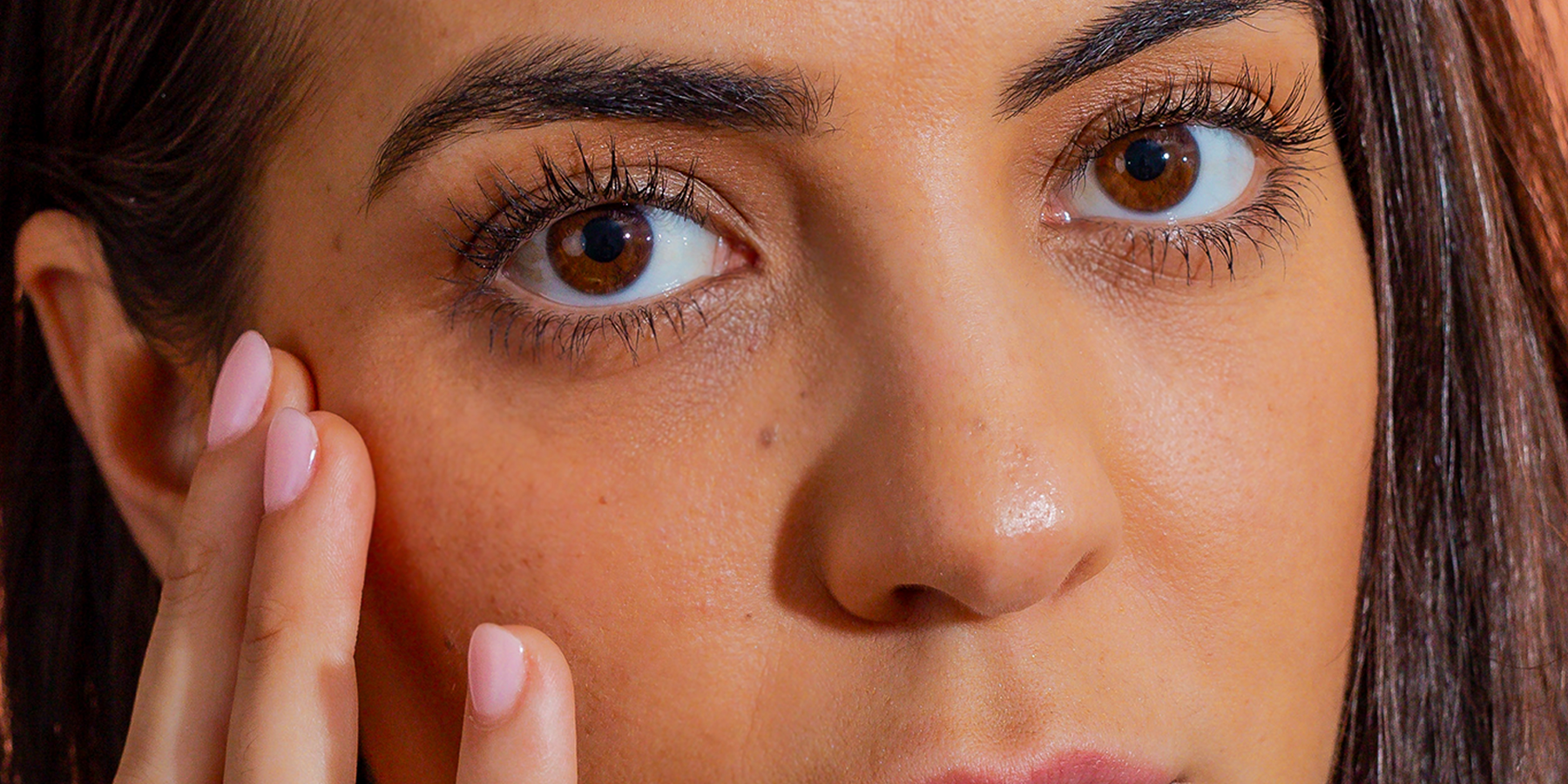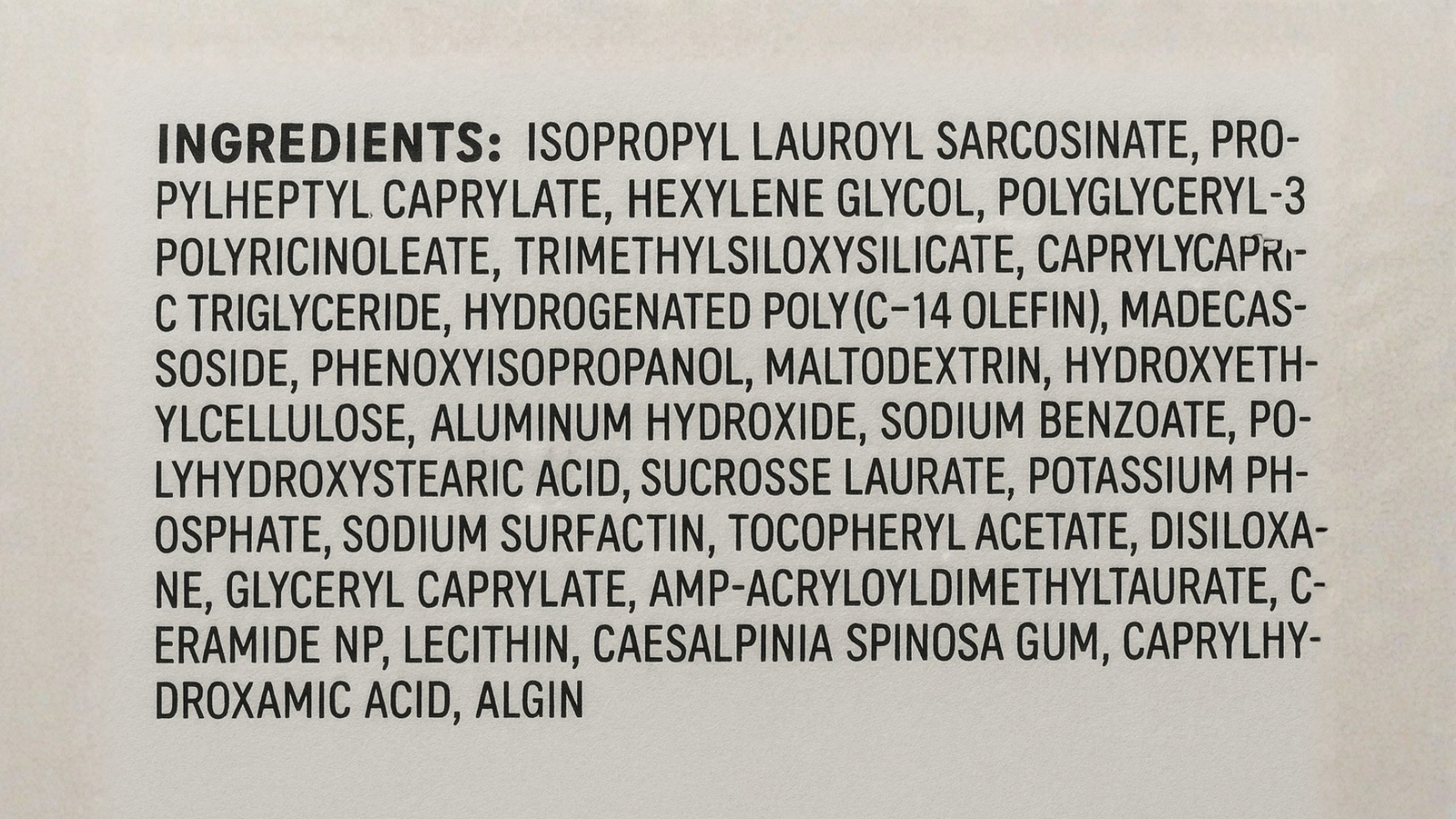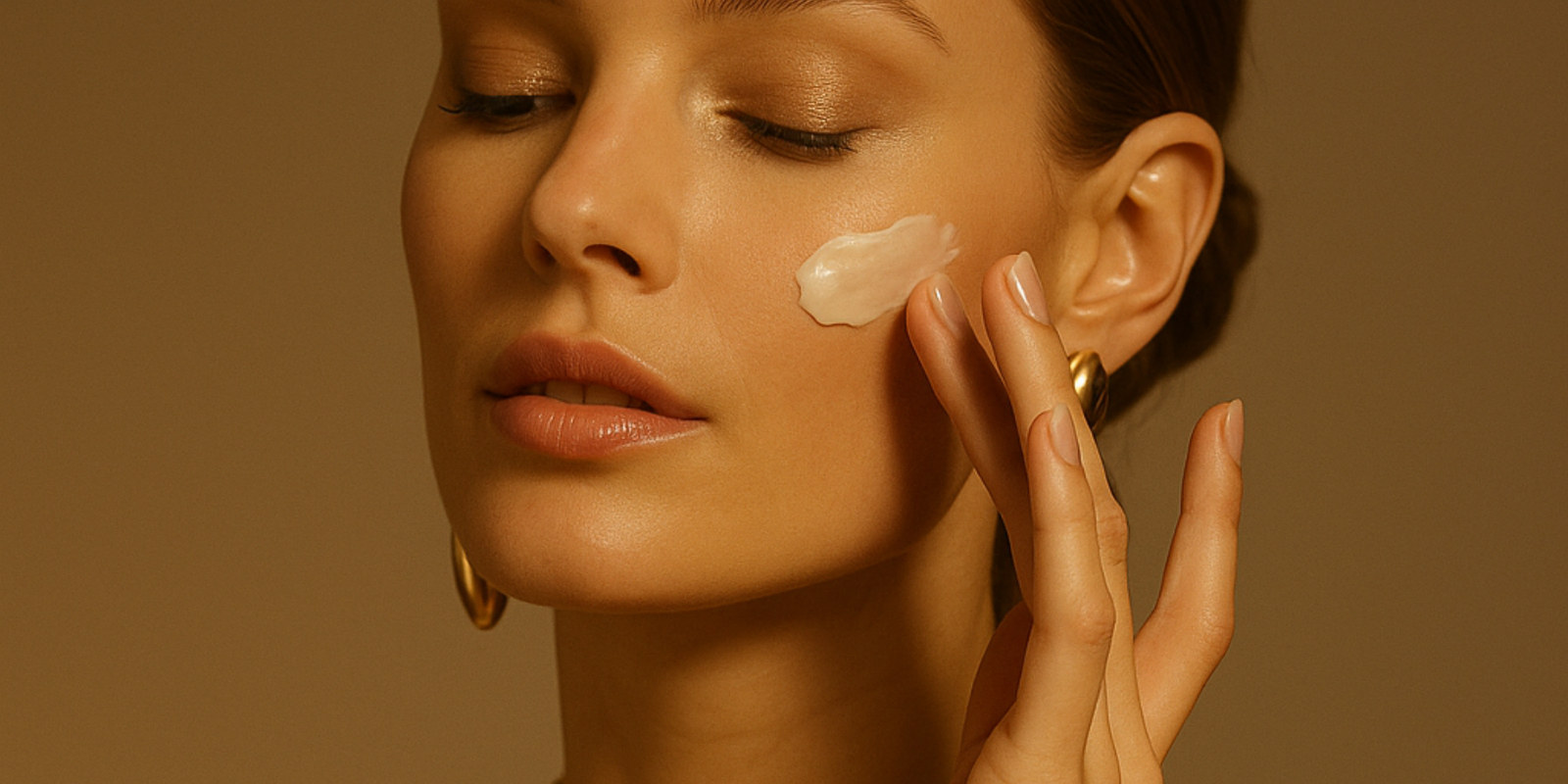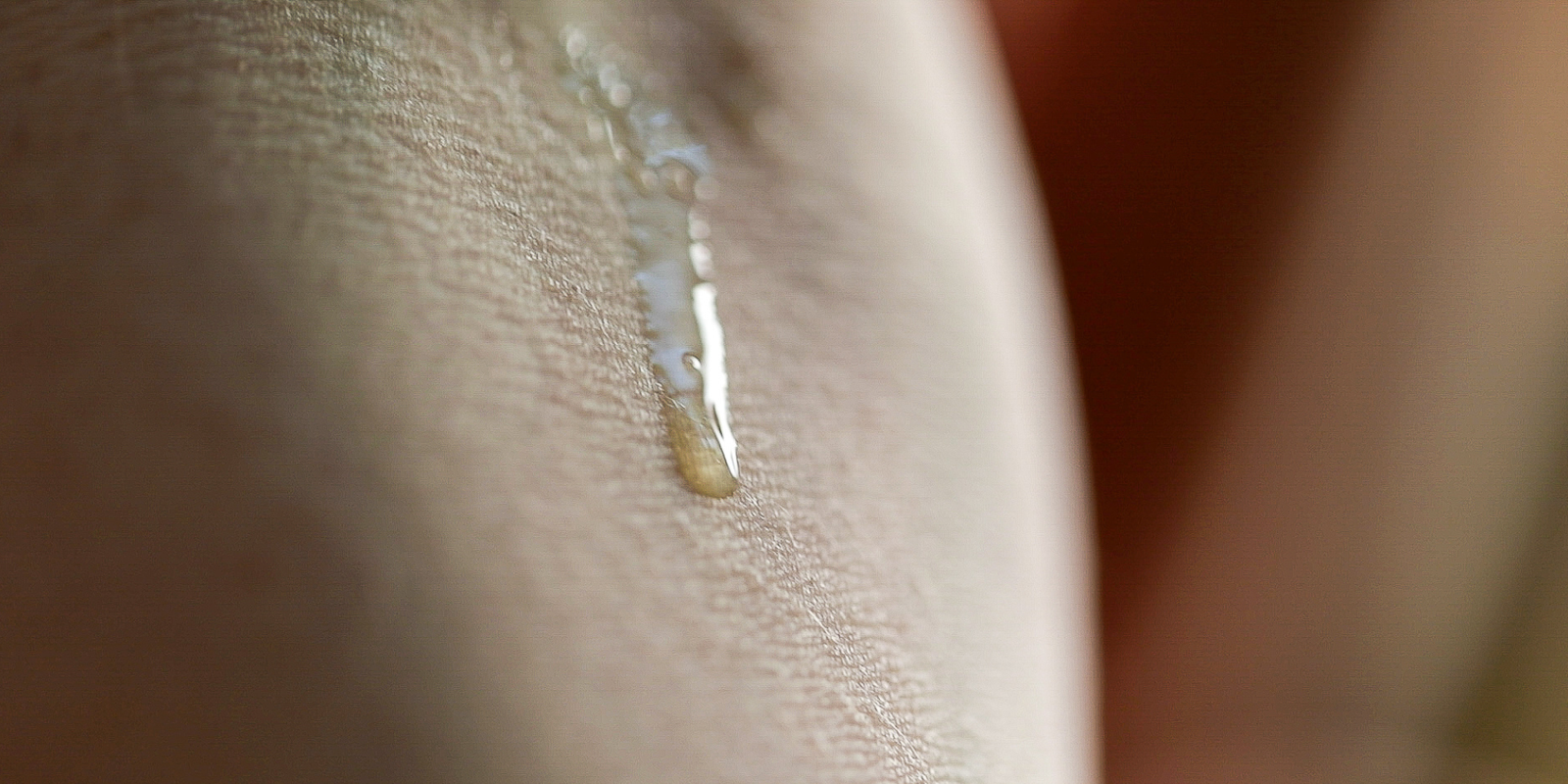EWG Verified & Leaping Bunny Certified | Free Gift $200+
EWG Verified & Leaping Bunny Certified | Free Gift $200+
This natural ingredient can heal a sunburn.

This natural ingredient can heal a sunburn.
Introduction.
It’s Memorial Day weekend, a time for honoring and remembering those who served their country. It also marks a time when friends and families gather to enjoy the unofficial start of summer, often with picnics, barbecues, beach outings, and other outdoor activities. Spending long hours in the sun feels exhilarating as winter draws to a close, but it also makes us more susceptible to the dreaded sunburn.
Even with applying SPF, many people may still experience burning or reddening of the skin as we tend to underestimate the sun's strength, particularly on skin that has not been exposed much over the winter months. Luckily, there is a natural ingredient that is particularly beneficial in alleviating the redness, swelling, and pain that comes along with a sunburn, and that is Lavender Oil. In this post, I’ll explain how Lavender treats sunburns and why it should be a part of your post-sun skincare.
Is Lavender Oil safe for your skin?
To start, I want to address this question, because there is a common misconception that Lavender oil is irritating to the skin. People ask me about this all the time. Lavender oil is not only safe for the skin, it is incredibly beneficial and loaded with many different compounds with a plethora of skin-healing and strengthening properties. Why do people think that Lavender is irritating to the skin then?
Low vs. High-Quality Oils
Lavender is the most popular essential oil, and because of this, there is a huge demand for it. This results in a large number of lower quality or adulterated oils on the market that price their product at a much lower price than high-quality Lavender oil. True, high-quality Lavender oil is extracted via steam distillation, passing steam through the flower and harmlessly extracting pure essential oil. Lower quality Lavender oil is usually obtained via chemical solvent extraction, which leaves traces of the solvent in the oil, which can be very irritating to the skin. Lower-quality oils can also be cut with other undisclosed ingredients, such as synthetic fragrances, alcohols, or additional solvents, to increase their volume.
Correct Dilution Rate
The other reason that people tend to think of Lavender Oil as irritating, is because they are misusing it. Essential oils are incredibly potent and should never be undiluted to your skin. In fact, essential oils should be used at no more than 2% dilution for skincare. This means approximately that for every 2 drops of essential oil you want to use, you should be mixing it with 98 drops of carrier oil. Click here to read more about what carrier oils are and how to decide which ones are best for your skin. When you apply essential oils undiluted to your skin, you risk a potentially serious reaction.
What is in Lavender Oil?
Lavender contains hundreds of chemical compounds that contribute to its therapeutic properties. The chemical compounds can vary slightly depending on the species and growing conditions, but here are the most significant ones: Linalool, Linalyl Acetate, Camphor, Eucalyptol, Lavandulyl Acetate, Terpinen-4-ol, Beta-Caryophyllene, and Geraniol. These key compounds contain potent anti-inflammatory, analgesic, antimicrobial, and antioxidant properties.
What exactly is a sunburn?
We all know that a sunburn leaves skin red and painful to the touch. But what exactly is happening to your skin that caused this reaction? When your skin is exposed to the sun, it is also exposed to invisible ultraviolet (UV) rays. When these UV rays hit your skin, they trigger melanocytes, which are skin cells in your epidermis responsible for producing melanin- the pigment responsible for skin color- to produce more melanin. The melanin they produce then forms a protective layer over the rest of your skin cells, which helps protect them from additional UV rays. The more often you are in the sun, the more melanin will accumulate, causing your skin to darken. As long as you are not burning, this is not a negative thing, as exposure to UV rays allows your skin to synthesize vitamin D, which is essential for our health, hormones, and immune function.
The problem happens when your skin is exposed for too long, and the UV rays exceed the protective capacity of melanin. This overexposure will damage your skin cells and activate your skin’s immune response. The damaged cells will release inflammatory mediators such as cytokines, histamines, and prostaglandins, which cause the swelling and pain associated with sunburn. This inflammatory process also causes vasodilation, which means the blood vessels in the affected area will swell up, increasing blood flow to the damaged tissue. This results in the characteristic redness and warmth of sunburned skin.
Finally, if the damage to the cells is irreparable, they will undergo apoptosis, a die-off process resulting in peeling, flaking skin.
How does Lavender Oil heal sunburns?
Lavender oil can treat sunburns through a few different mechanisms.
Anti-Inflammatory Properties.
One of the primary ways lavender oil aids in healing sunburn is through its anti-inflammatory effects. Sunburned skin is inflamed and irritated, leading to redness, swelling, and pain. Lavender oil helps to reduce this inflammation, providing much-needed relief and aiding in the skin’s natural healing process.
Pain Relief.
The analgesic (pain-relieving) properties of lavender oil can help to alleviate the discomfort associated with sunburn. Applying lavender oil to sunburned areas can provide a soothing sensation, reducing the stinging and burning feelings often accompanying sunburns.
Antimicrobial Effects.
Sunburn can damage the skin's barrier, making it more susceptible to infections. Lavender oil’s antimicrobial properties help to protect the skin from potential infections, promoting a cleaner healing environment.
Promotes Skin Regeneration.
Lavender oil is known to promote the regeneration of skin cells, which is crucial for healing sunburn. This regenerative effect helps to repair damaged skin more quickly, reducing the duration and severity of the burn.
Moisturizing Benefits.
Sunburns can cause the skin to become dry and flaky. Lavender oil’s ability to regulate your skin’s oil production helps to moisturize the skin, preventing peeling and promoting a smoother recovery.
How to use Lavender Oil for sunburn relief.
Hopefully, if you know you are going to be in the sun for an extended period of time, you will have applied sunscreen ahead of time (I recommend organic zinc-based formulas). However, if you forgot, were unable to, or simply stayed out too long, time is of the essence to reduce the severity of your sunburn. There are a few ways to use Lavender Oil to treat your sunburn. In all of these recipes, make sure you are using a high-quality oil. Look for organic certification, and make sure there are no added ingredients. The best species of lavender is Lavandula angustifolia, which should be listed on the packaging.
Lavender Oil Spray:
Create a soothing lavender oil spray by mixing a few drops of Lavender Oil with water (distilled is best, but filtered is okay, too) in a spray bottle. Spritz the mixture onto sunburned skin for instant cooling and relief. Remember, you want to properly dilute essential oils, so a good rule of thumb is to add 12 drops of Lavender Oil for every ounce of water, and be sure to shake the bottle well before spraying.
Lavender Oil and Aloe Vera:
Combine lavender oil with aloe vera gel, another excellent natural remedy for sunburn. Aloe vera’s cooling and moisturizing properties complement the healing effects of lavender oil, providing a powerful combination for sunburn relief. I recommend picking up a fresh aloe vera leaf from the grocery store if possible, as many over-the-counter aloe vera gels contain synthetic preservatives that can cause a skin reaction. Mix 12 drops of Lavender Oil for every ounce of aloe vera gel and apply to the affected areas.
Lavender Oil Bath:
Add a few drops of lavender oil to a cool bath to help soothe and calm sunburned skin. Soaking in a lavender-infused bath can provide overall relief, reducing inflammation and pain. I’m a big fan of colloidal oatmeal for healing sensitive skin, so throw a packet in the bath for additional skin soothing.
Lavender Oil Body Oil:
For a more sustained moisturizing effect, you can mix your own body oil by adding 12 drops of Lavender Oil to every ounce of carrier oil of your choice. Here is a link to an article I wrote about choosing the best carrier oil for your skin. Some good options for sunburned skin are Sacha Inchi, Safflower, Hemp Seed, Grapeseed, and Argan, which are all rich in anti-inflammatory Omega-3 fatty acids.
Flora Mirabilis Holy Grail Face Oil:
In case you couldn’t tell, I’m a huge fan of Lavender Oil in skincare, so I made sure to include it in our Holy Grail Face Oil and our Fountain Of Youth Cleansing Clay. Our Holy Grail Face Oil is a total skin savior if your face is red or sunburned from being outside for too long. The Lavender Oil we use is a high-quality, steam-distilled oil that is grown at a high elevation, which alters the levels of certain compounds that make it extra-soothing. I have personally used it after getting red from the sun, plus I have had so many people tell me that it takes the redness, heat, and pain of a sunburn away quickly after applying. It’s essential to treat your skin gently after a sunburn; make sure that you are not using any harsh ingredients, particularly retinol.
Conclusion.
In conclusion, if you know you are going to be out in the sun for a while, you should apply organic, zinc-based sunscreen. However, if you were unable to or got a sunburn anyway, you should treat it right away with high-quality Lavender Oil to reduce the duration and severity of your symptoms.
Resources.
https://www.ncbi.nlm.nih.gov/pmc/articles/PMC4880962/
https://pubmed.ncbi.nlm.nih.gov/32589447/
https://www.pediatricnursing.org/article/S0882-5963(16)30170-1/abstract
Also in Apotheca Edit

The Hidden Cost of Fillers: You’re Paying for Ingredients That Irritate Your Skin
Many skincare products rely on “filler” ingredients—fragrance, dyes, and texture agents that offer no real skin benefit and may contribute to irritation. Learn how to spot them and choose formulas built only with active, purposeful ingredients.

The Dangers of Designer Skincare
The price tag of luxury skincare doesn’t mean rare ingredients and better results. Many designer formulas prioritize packaging gimmicks and prestige over true skin health—often using silicones, synthetics, and preservatives that quietly damage your skin barrier. Learn about label transparency and why “premium” isn’t always better to reveal what skin nourishment really looks like.

The Top 10 Best (And Worst) Oils to Use On Your Face
I get asked all the time about using oils like avocado, olive, and coconut on the face—and the truth may surprise you. Not every “natural” oil is good for your skin. In this post, I break down the best and worst oils to use, what their comedogenic ratings really mean, and how to choose the ones that will actually nourish your skin instead of clogging it.
Subscribe
Sign up to get the latest on sales, new releases and more …
Reviews
See why 1000's have simplified their skincare with Flora Mirabilis.
